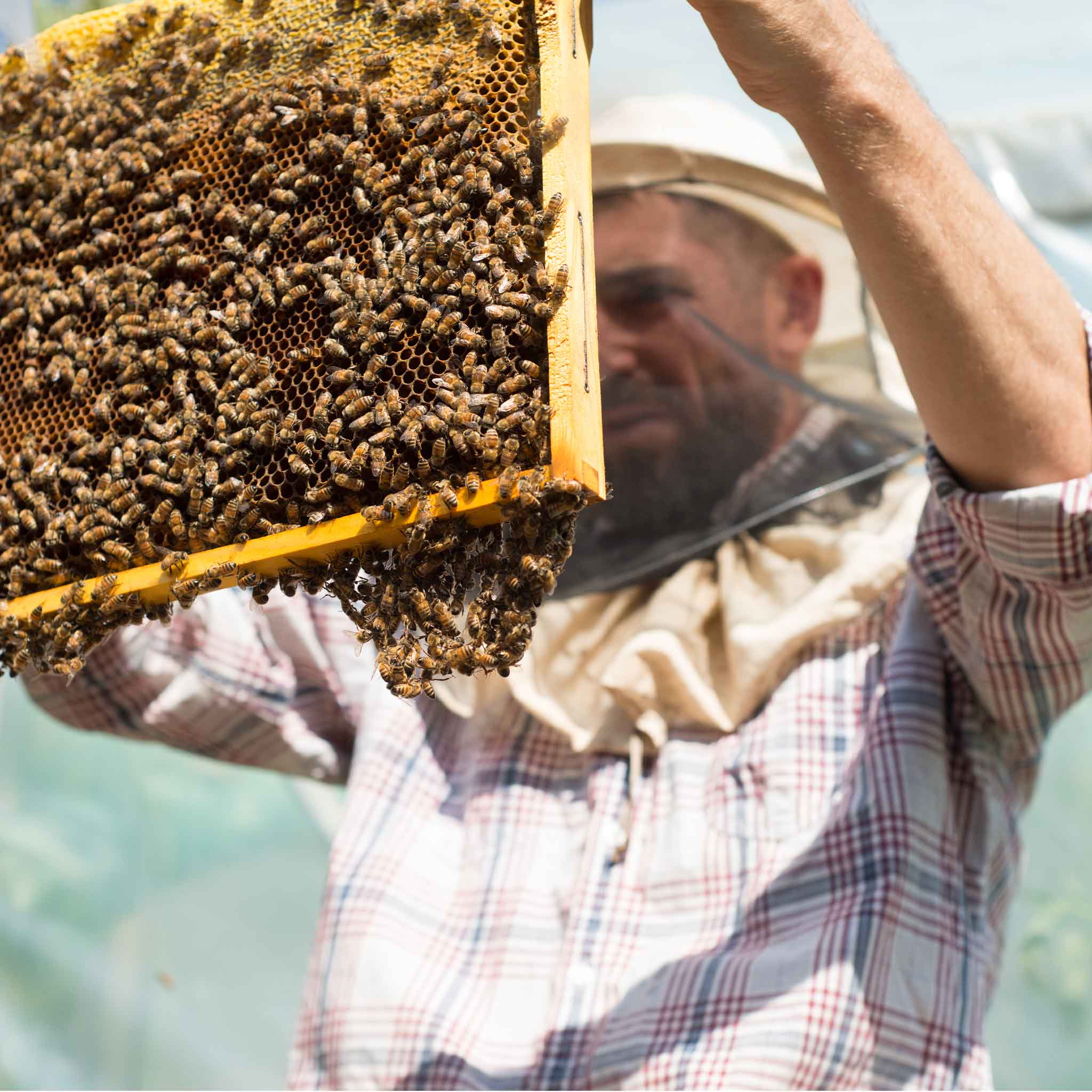Introduction:

In a world where environmental preservation is crucial, beekeeping emerges as an impactful and rewarding practice. With their vital role in pollination and honey production, bees play a pivotal part in our ecosystem. In this blog post, we will explore the fascinating world of beekeeping and highlight its significance for a sustainable future.
The Buzz of Beekeeping:
Beekeeping, also known as apiculture, is the art of nurturing honeybee colonies in man-made hives. It provides an opportunity to develop a deep connection with nature while making a positive impact on the environment. By supporting the health and growth of bee populations, beekeepers contribute to the preservation of plant diversity and agricultural productivity.
The Sweet Rewards:
One of the most enticing aspects of beekeeping is the delicious reward it offers - honey! With their tireless efforts, bees diligently collect nectar from flowers and transform it into golden liquid perfection. Beekeepers can enjoy the fruits of their labor by harvesting pure, natural honey, rich in flavor and health benefits. Additionally, beeswax, pollen, and royal jelly are valuable byproducts that can be harvested from bee colonies.
Getting Started with Beekeeping:
If you're ready to embark on a beekeeping journey, it's essential to begin with the right tools, equipment, and knowledge. The first step is to acquire a suitable bee hive.
Langstroth Hives: This widely-used hive design consists of removable frames that allow easy management and inspection. Langstroth hives offer versatility and are favored by both beginners and experienced beekeepers.
Top Bar Hives: Ideal for those seeking a more natural approach, top bar hives allow bees to build their comb freely along horizontal bars. They require minimal intervention and provide a more holistic beekeeping experience.
Warre Hives: Inspired by sustainable beekeeping practices, Warre hives prioritize the bees' natural behaviors. They encourage vertical comb-building, mimicking the bees' wild habitat and requiring minimal interference.
Conclusion:
Beekeeping presents a unique opportunity to connect with nature, support the environment, and enjoy the sweet rewards of honey production. By nurturing honeybee colonies and providing them with a safe habitat, beekeepers become stewards of nature, fostering biodiversity and promoting sustainable practices.
If you're eager to become a beekeeper, ensure you have the right tools and equipment, including a suitable bee hive. Whether you choose Langstroth, top bar, or Warre hives, each option offers its own advantages for successful beekeeping.
Embark on this journey, learn from experienced beekeepers, and be amazed by the industrious and fascinating world of bees. By nurturing these tiny guardians of nature, you'll play a vital role in creating a sustainable future for generations to come. Happy beekeeping!
